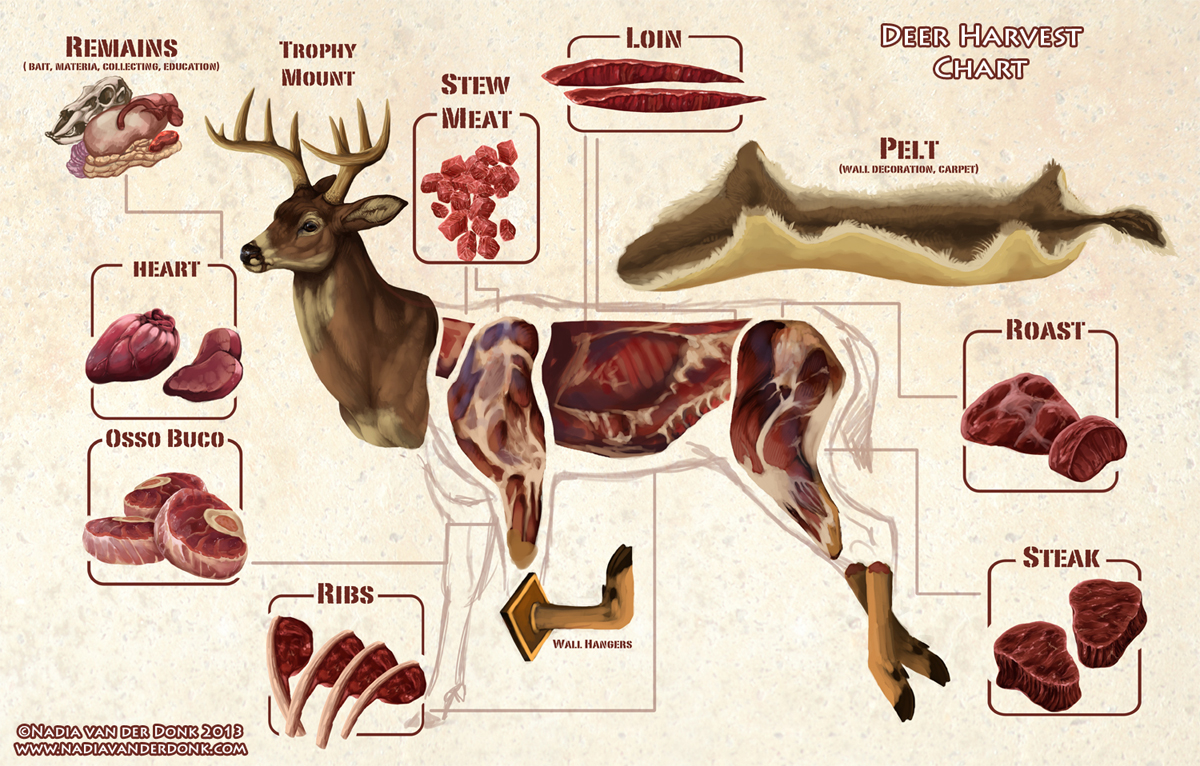Forget about those little cardboard pine trees!
SURGEON GENERAL’S WARNING: Lack of meat in your diet may lead to Liberalism, a kind of mental disorder that could lead you to act irrationally, lie, exaggerate, and blame inanimate objects.
Many Americans have turned to a vegetarian diet for many different reasons. Maybe you just think it will make you generally more healthy. Perhaps you want to trim a few pounds. Maybe you want to supplement your already healthy lifestyle.
However, will you be happier?
Some research suggests that the exact opposite is the truth and Women’s Health recently looked into some of the research and cautions people to be well aware of how going meatless can impact your mental health.
The article cites an Australian study from last year which found that vegetarians reported that they were less optimistic about their future more often than people who kept meat in their diets. That same study found that vegetarians were 18 percent more likely to report having depression and 28 percent more likely to experience panic attacks and anxiety.
The question that people considering a vegetarian diet have to consider is whether or not the gains outweigh the risks. Will the number drop on the scale be worth it in the long run if you feel more sluggish or anxious than usual?
While there might be some clear reasons to avoid meat, it has benefits as well that impact your mind and your mood.
B Vitamins, zinc, iron and tryptophan are all found in abundance in meat and are often time in low quantities, or missing altogether, in vegetarian diets.
Women’s Health suggests not quitting meat too suddenly. There is support for the notion that if you want to take on a meatless diet, you should do so in increments to allow for some meat eating while you gauge for yourself how your body is reacting to the new diet.

Image: wideopenspaces.com
If you’re interested in how to butcher your own deer harvests, you might like this illustrated deer meat guide.
This illustration by artist Nadia van der Donk shows where the different cuts of meat come from on a deer.
A single deer can provide a lot of meat that can last for months if rationed properly. The hide can also be used for a wall hanging or carpet.Butchering at home requires a lot more than a deer meat guide. You’ll need the right knives for skinning the hide, a hacksaw, wet stone and gloves for cleanliness.
Plus, the process can get a little dirty, so having a safe place to do it without risking a seriously messed up kitchen is key.
If you don’t know what you’re doing, you’ll be much better off taking it to a deer processing facility or experienced butcher.
But, if you’re up for the challenge of learning how to do it, this handy guide will help out big time.
Getting a deer from the field to the freezer starts with properly field dressing the animal. Make sure to store and hang the meat in a cool and dry environment that is below 50 degrees Fahrenheit. Meat should hang for at least five days to ensure the meat gets tender.